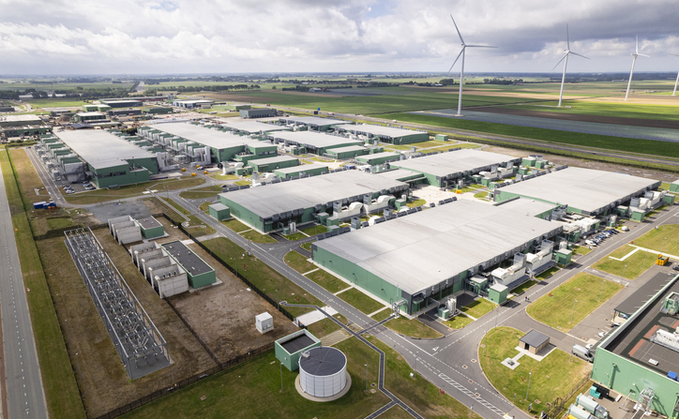
It's too easy to find yourself locked into a contract with a single provider - where is the promise of multicloud?
Multicloud was meant to be the future, with customers playing hyperscalers off against each other to get the best service at the best price - but it hasn't quite worked out like that.
Instead, hybrid cloud is much more common today, for a variety of reasons - some related to the hyperscale vendors like Microsoft, Amazon and Google, and some to the customers.
Speaking on a panel at today's Deskflix: Cloud Automation, Andrew Hunt, strategy and business transformation director at Migrators, told Computing's Penny Horwood that lock-in is a legacy reason for hybrid's prevalence:
"In the early days you were encouraged to move to a single cloud provider, and the rest of your IT would be sucked in. Suddenly, you found yourself locked in - there wasn't that transferability of data we were promised."
Nick Rosser, head of IT at Saunderson House, said redundancy should be a priority to mitigate the risks of lock-in.
"You need to understand where your data is, what your risks are, how you would recover, etc etc. Look at it from the perspective of a line into your office. Would you just have one? Depending on your size, it may be appropriate, but with all your staff in your office and only working there, wouldn't you want some redundancy?"
While SMEs might be tempted to stick with a single provider - normally for financial and skills reasons - Andrew also recommended diversification.
"You need to be familiar with the risks associated [with a single provider], even at a small scale. You could lose reputation, money and business. A larger organisation might be able to weather it, but it could mean the end of a smaller one. You must have the capability of moving your data from one area to another and doing some backups."
Committing to contracts - not cloud
Organisations might also be resistant to wholescale cloud migration, despite their aspirations to move forward with a cloud-first approach. This often manifests in reluctance to commit and, again, pushes the spread of hybrid cloud.
"The benefits of cloud are many, but complex," said Nick. "It's also a big move, moving from a capex model to opex - many organisations are in favour, but some might not be.
"Some firms are questioning if they're getting the technical benefits they were expecting. There are some services absolutely more suited to the cloud; but there are certain services where investing in on-prem technologies can be more appropriate.
"The final thing is, people are on a journey. People have invested a lot in on-premise estates, and want to make the best use of that for as long as they can. Lifespans for an IT estate could be 5-10 years, and you're only going to get the best value from replacing that towards the end of life - so many find themselves working in a hybrid model."
Getting the full benefit out of money already spent is welcome, especially in today's economy. Finance departments, which can push back against the move to opex, will especially embrace the idea.
Hyperscale cloud providers tend to have a "take it or leave it" approach to contracts and pricing, but there are some alternatives. Smaller tier 2 providers offer pay by consumption models, like Lenovo Truscale and HP Greenlake. Under these models, customers essentially rent the equipment and only pay by electricity consumed.
Disruptive models like this are now providing a serious alternative to hyperscale public cloud, depending on a few factors.
"From a hybrid perspective, these solutions should absolutely be something you are considering," said Nick. "Are they a direct competitor to hyperscale providers? I don't think so, but you should be considering it, depending on your use case."
Andrew said he knew "a number of organisations" approaching the end of their current cloud contracts, which have seen their estimated costs rising sharply (with appropriate outcry from finance teams). "Many I know are looking at these edge-type possibilities."
For more about the future of the cloud, stay tuned to Computing.






















